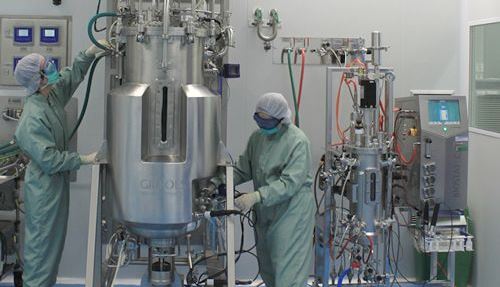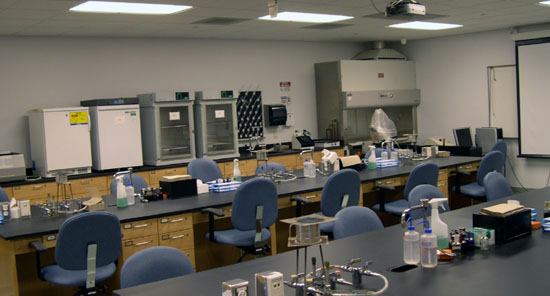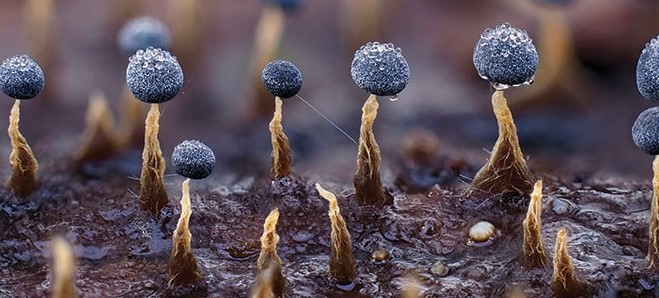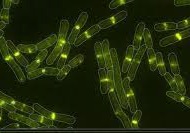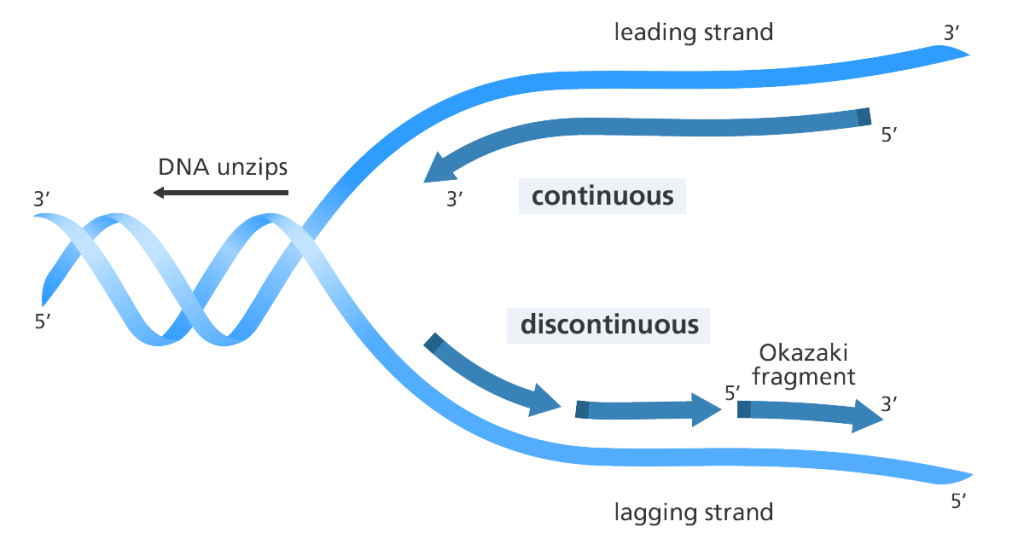APPERTIZATION
Appertization is simply defined as the heat-treatment of food at certain temperature levels that inhibit or kill pathogenic microorganisms present in the food. Unlike pasteurization which uses temperatures below 100oC to kill microbes in food, appertization (which was discovered by Nicolas Appert in the 18th century) is generally a food preservation technique that is used […]

